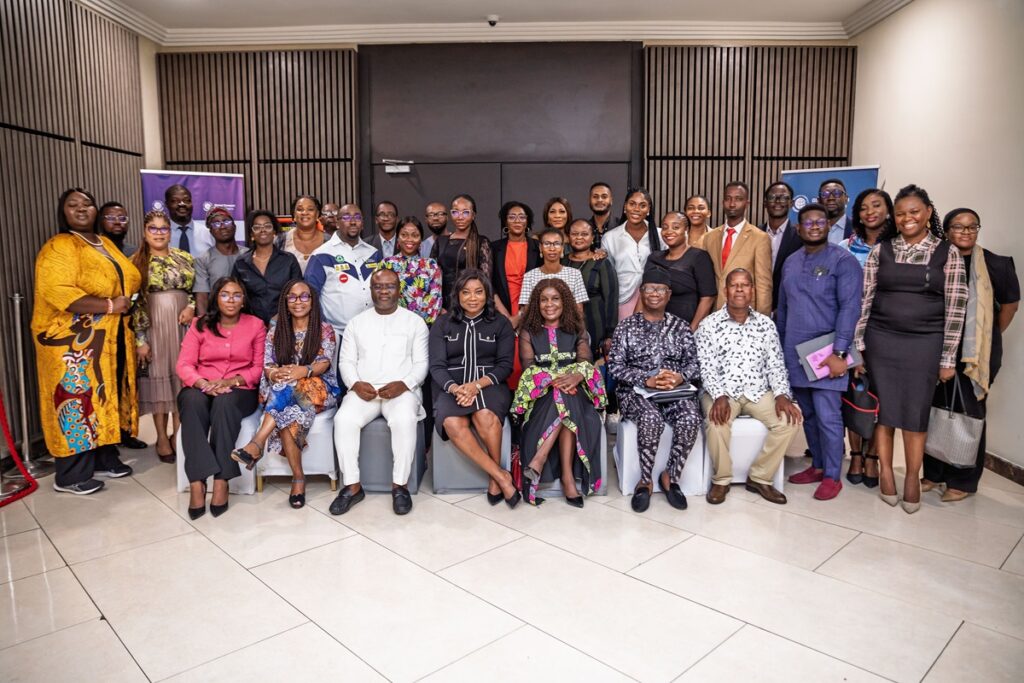United Nations Global Compact Nigeria Roundtable: Advancing Living Wages for Nigerian Workers
The roundtable convened by the United Nations Global Compact Nigeria highlighted the essential need for living wages for all workers in Nigeria, aligning with the Sustainable Development Goals (SDGs). Held under Chatham House Rule, the event brought together diverse business leaders, development experts, public sector officials, and other key stakeholders.
The discussions concluded with an acknowledgment of the complexity of implementing living wages, addressing barriers, and exploring collaborative solutions and best practices to achieve this goal by 2030.
Background
Implementing living wages is crucial for poverty eradication and economic growth. Discussions focused on pathways to ensure all employees earn a living wage by 2030, emphasizing collaborative action plans involving stakeholders across value chains.

Key Discussion Highlights
1. Understanding Living Wages
Participants emphasized that living wages must meet basic needs, including housing, food, healthcare, and education. Clarity on what constitutes a living wage and the disparities across various sectors was deemed essential.
2. Barriers to Implementation
Identified challenges included:
- Inflation
- Lack of regulation in the informal economy, where 70% of the workforce is employed
- The need for corporate leaders to adopt ethical practices while managing wage increases
3. Political and Economic Factors
- Annual minimum wage reviews were recommended to reflect economic changes.
- Leadership commitment was highlighted as critical for improving living standards.
4. Corporate Responsibility and Ethical Practices
Businesses were encouraged to:
- Adopt zero-tolerance policies towards corruption.
- Ensure compliance with living wage standards across all levels, including outsourced arrangements.
5. Public Sector and Corruption
- The connection between low public sector wages, corruption, and the political manipulation of poverty was discussed.
- Reforming public sector compensation systems emerged as a priority.
6. Workplace Dynamics
- The importance of communication and empathy in management practices was emphasized.
- A workplace culture valuing and informing employees was seen as key to fostering morale and productivity.

Outcomes and Next Steps
1. Infrastructure Investment
Advocate for government investments in infrastructure to reduce operational costs and enable feasible wage increases.
2. Employee Well-Being Focus
When wage increases are not feasible, companies should consider alternative benefits, such as flexible working conditions, to enhance employee welfare.
3. Public Sector Pay Reform
Collaborate to promote reforms in public sector compensation, aiming to reduce corruption and stabilize payments for public workers.
4. Policy Advocacy
Push for policy reforms that:
- Ensure annual minimum wage reviews aligned with inflation.
- Regulate the informal sector.
5. Promoting Ethical Business Practices
Encourage compliance with living wage standards among all partners and vendors, with a focus on corporate social responsibility.
6. Compliance Monitoring
Establish a system to monitor living wage payments, promoting transparency and accountability through regular audits.
Conclusion
The roundtable discussions laid the groundwork for strong collaborative efforts toward implementing living wages in Nigeria by 2030. Ongoing engagement, resource allocation, and the commitment of all stakeholders are crucial to achieving sustainable progress in improving the living standards of Nigerian workers.

